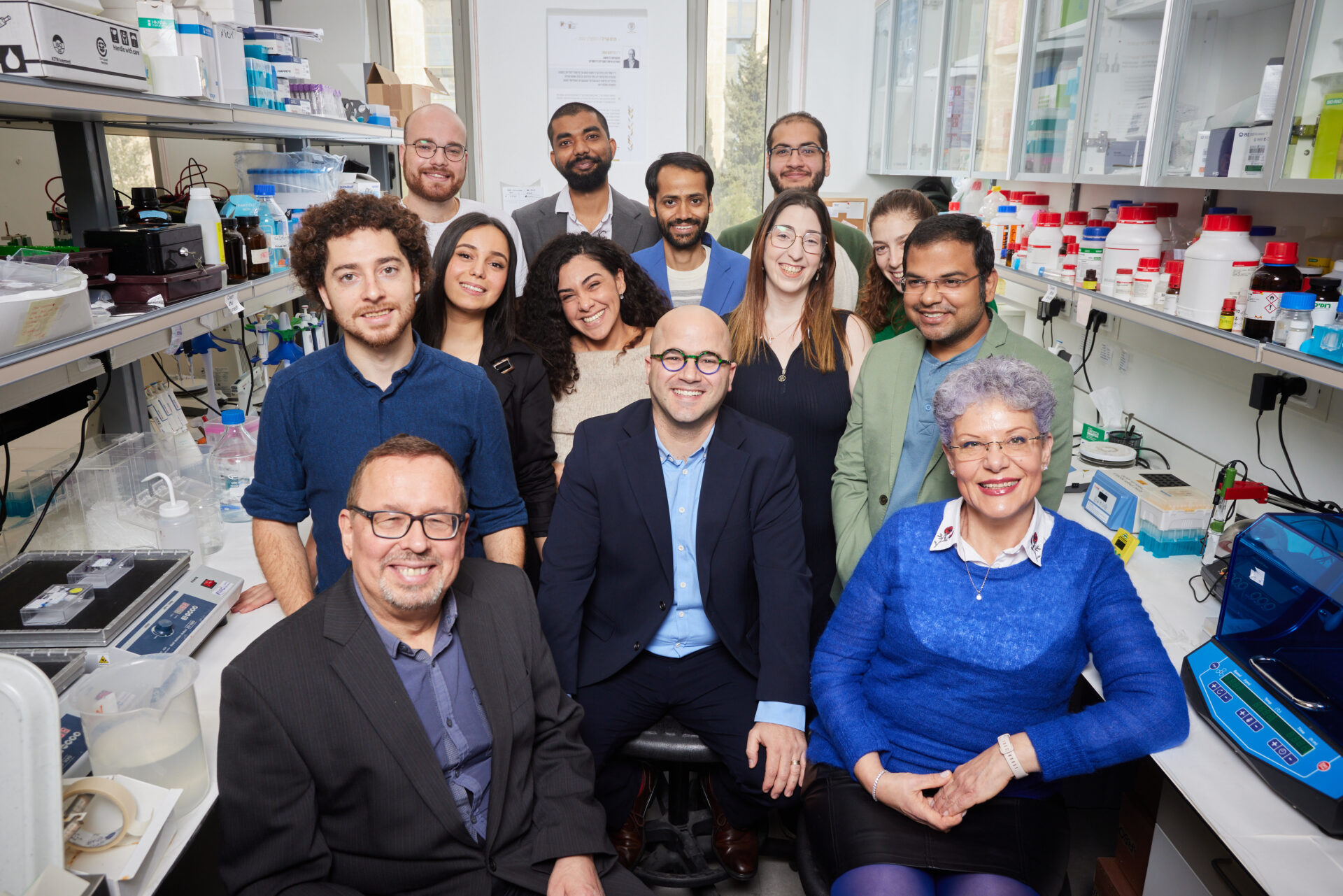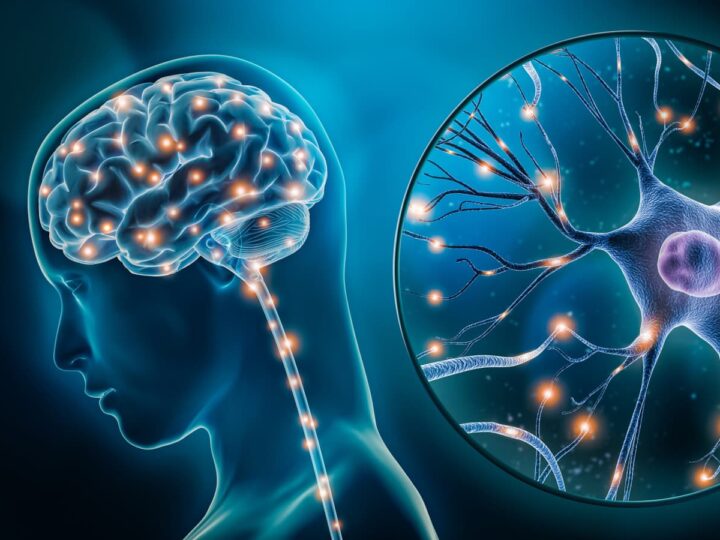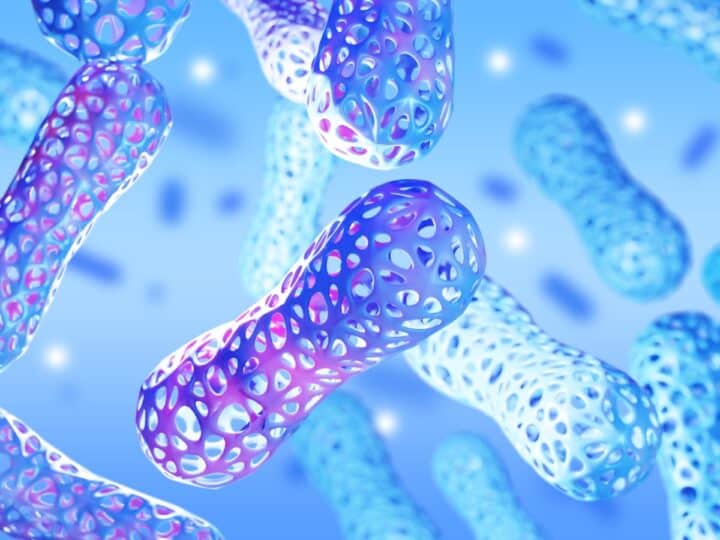A one-of-a-kind Hebrew University of Jerusalem study has revealed a first direct link between nitric oxide in the brain and autistic behavior, offering hope of finally finding treatment for the neurological disorder.
Millions of people in the world are diagnosed with autism spectrum disorder every year. In the United States, autism is the most common developmental disorder, with one in 44 people under the age of 21 being on the spectrum. In Israel, more than 30,000 children under the age of 18 have been diagnosed with autism.
The study — conducted on mice bred with an autism model — demonstrated that autism indicators increase as nitric oxide increases in the brain. Conversely, in cases where levels of nitric oxide were lowered in a controlled manner, autism-like symptoms decreased accordingly. The mice became more social, less repetitive in their behavior and less anxious.
The results were also correlated with tests conducted using human stem cells and clinical blood samples from children with low-functioning autism.
The study, led by Dr. Haitham Amal and his team from the university’s School of Pharmacy, confirmed the role of nitric oxide in the disorder and opens new doors to the development of potential treatments.
“This discovery can have implications on the relationship of nitric oxide with other neurological diseases, such as Alzheimer’s, or psychiatric diseases such as schizophrenia and bipolar disorder,” said Amal. “I am hopeful that with our new understanding of the nitric oxide mechanism, we can begin to develop therapeutic drugs and help millions of children and adults living with autism around the world.”
Fighting for Israel's truth
We cover what makes life in Israel so special — it's people. A non-profit organization, ISRAEL21c's team of journalists are committed to telling stories that humanize Israelis and show their positive impact on our world. You can bring these stories to life by making a donation of $6/month.









